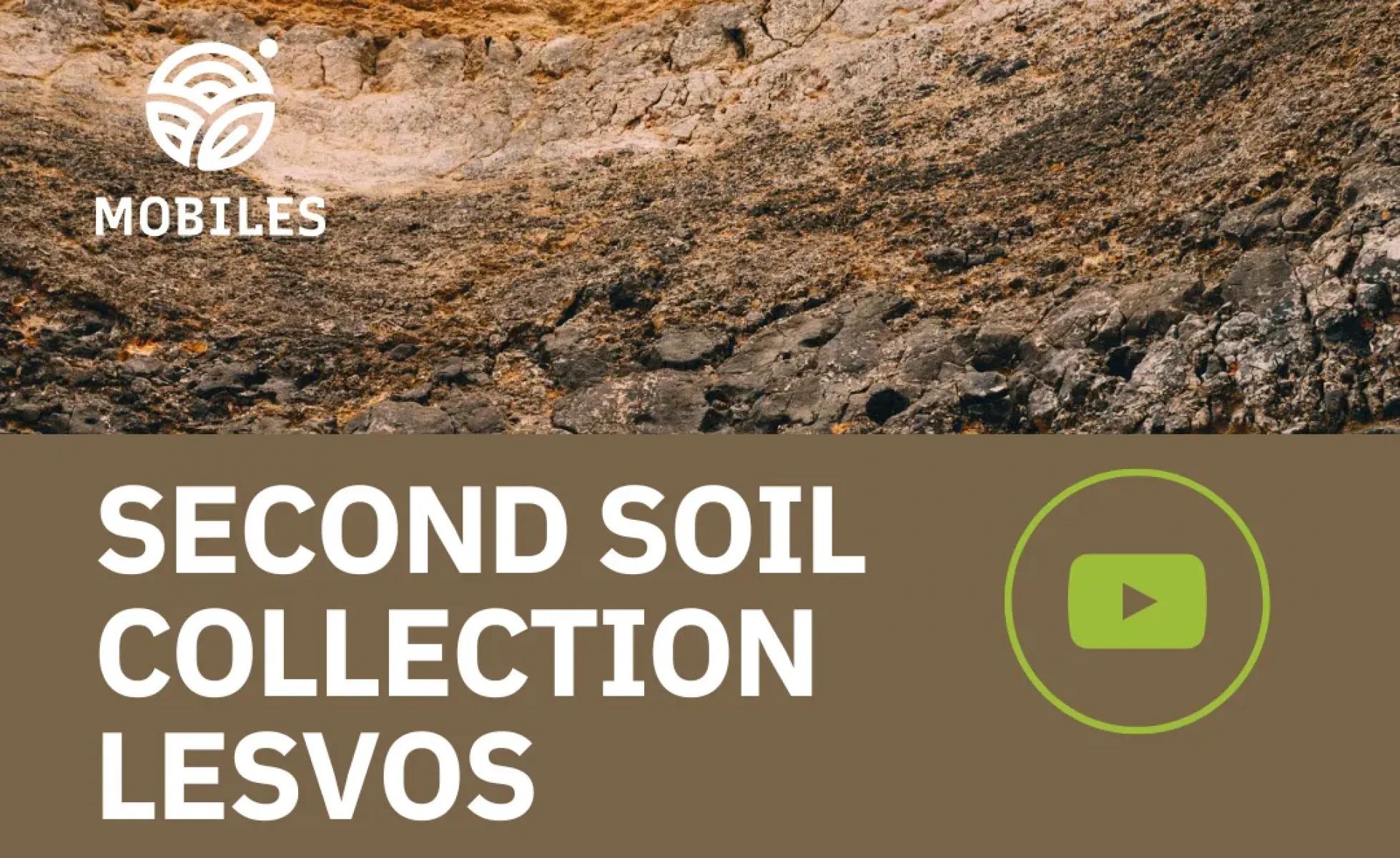
As part of the MOBILES project, researchers recently conducted a second round of soil sampling on Lesvos Island, Greece.
The team’s work focuses on understanding the bacterial and microbial communities living in the soil — the invisible network that drives nutrient cycles, supports plant growth, and contributes to land recovery. By collecting and analysing soil samples, scientists aim to discover how pollution alters these microbial populations and identify key biological markers that reflect soil health.
After collection, the Lesvos samples are processed following standardized protocols alongside samples from other European partner countries — Poland, France, Italy, Germany, and Cyprus. The DNA and RNA extracted from these soils will help researchers explore both the genetic composition (who is there) and the functional activity (what they are doing) of soil microbes.
By revealing how soil microbes change their gene activity in response to different pollutants, this research provides valuable insights into the biological processes that underpin soil resilience and recovery. The findings will support the development of science-based strategies for soil rehabilitation and sustainable land management, helping to protect and restore Europe’s environments for future generations.
Do you want to know how soil sampling is managed?